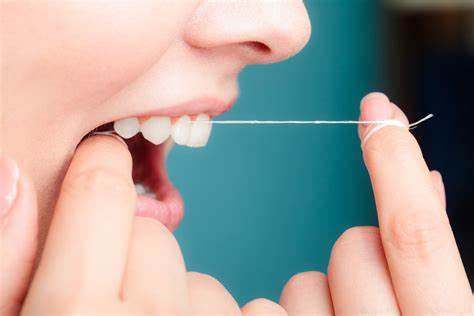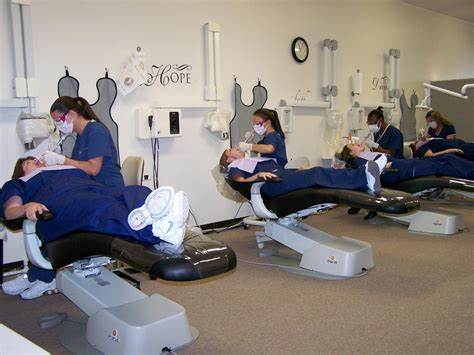This is how your teeth can reveal your overall health

Another point: the condition of the teeth, mouth and gums can help your dentist understand other medical problems you may need to address. By examining your mouth, your dentist can determine eating disorders, sleep problems, anxiety, stress and more.
Here are some of the information your dentist can see about your overall health by looking at the mouth:
1. Anxiety or poor sleep
The surface of the tooth is flattened and the teeth are worn. Grinding your teeth at night will lower the height of your teeth. If you grind your teeth, the most important thing you can do is talk to your dentist about finding a night guard to prevent it from happening.
2. Eating disorders
Certain types of eating disorders, such as anorexia or bulimia, are obvious to the dentist. Studies have shown that gastric acid produced during tooth cleaning can erode enamel and dentin (a softer layer beneath the enamel). Corrosion is usually on the back of the teeth.
3. Poor diet
But there are some things you can do. Drink coffee and soda with a straw - so that it stays away from your teeth. It is very helpful to wash and brush your teeth immediately after eating. We all know that sugar can cause tooth decay. However, if the patient brushes the floss every time he eats candy, the risk of dental disease is much less.
4. Alcoholism
Alcohol abuse can cause good oral hygiene habits to deviate from the right track, and the dentist will smell alcohol when the patient breathes. A 2015 study in the Journal of Periodontology found that people have some understanding of the relationship between drinking and oral health. Brazilian researchers have found that gum disease or periodontitis increases with increasing frequency of drinking. The study also showed that overall poor oral hygiene is a common feature of people who drink too much. The researchers also found that subjects without gum disease had higher plaque levels than subjects who did not drink alcohol, probably because alcohol slowed saliva secretion and dried the mouth.
5. Heart disease or diabetes
In people who don't know if they have diabetes, a bad gum status has been shown to be associated with diabetes. This is a very critical situation and the dentist can help determine undiagnosed diabetes.
The relationship between periodontitis and diabetes is not fully understood, but researchers know that this is a two-way path: according to a study published in the journal Diabetes and Diabetes, diabetes increases the risk of gum disease, gums Inflammation can have a negative impact on the body's ability to regulate blood sugar. Pathology. According to the American Academy of Periodontology, inflammation of the gums may lead to a link between gum disease, diabetes and periodontitis.
In addition, people with diabetes are three times more likely to develop this most severe gum disease. So if you have diabetes or cardiovascular disease, keep your mouth healthy by regular cleaning, brushing and flossing. Bacteria may enter the inflamed gums, further aggravating these diseases.
Just as you keep your body healthy, it's best to pay close attention to what you might not feel and be curious about what's going on in your mouth. This includes looking for pain, swelling, bleeding gums, broken or loose teeth, and enamel erosion.
YOU MAY ALSO LIKE







